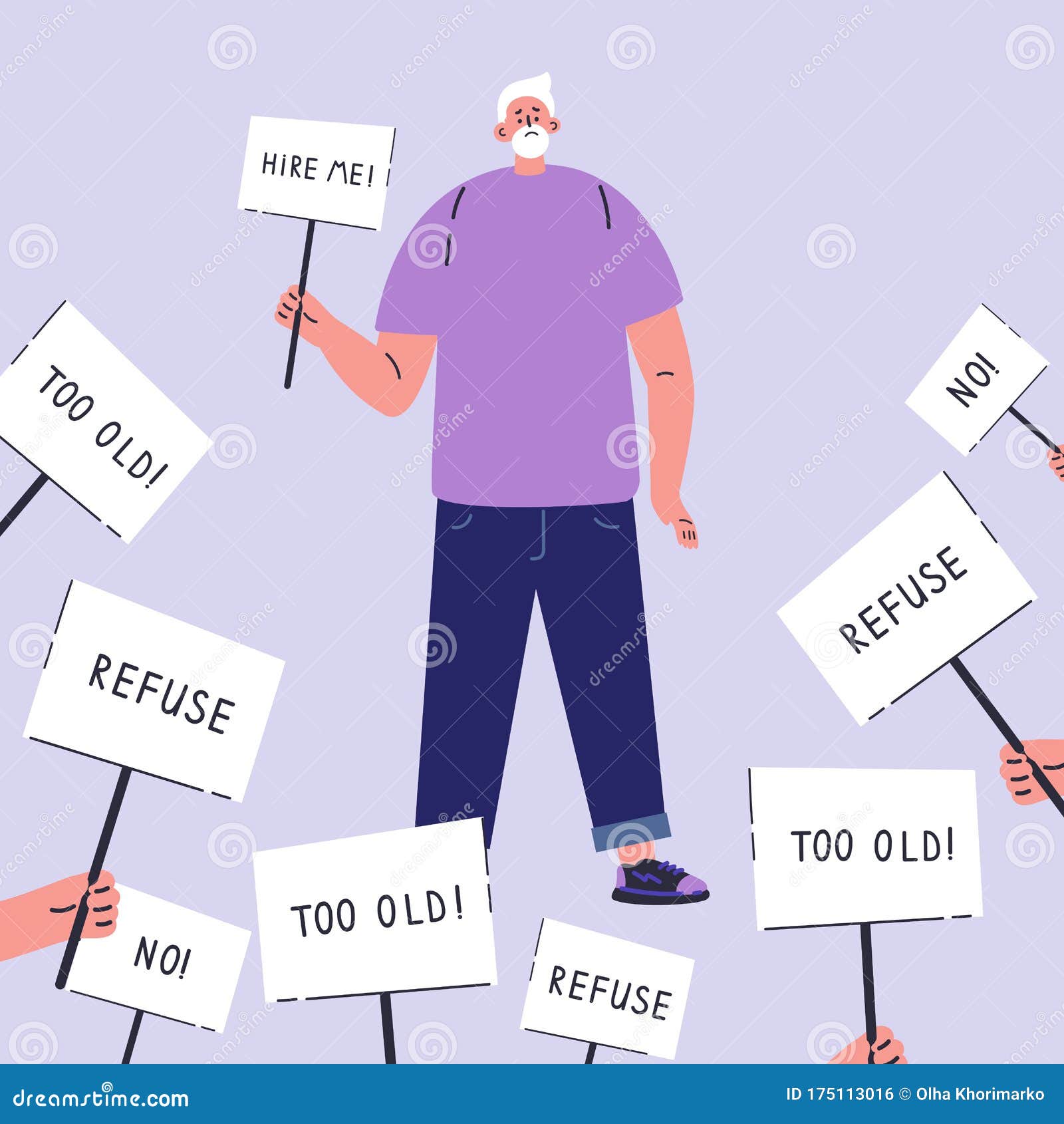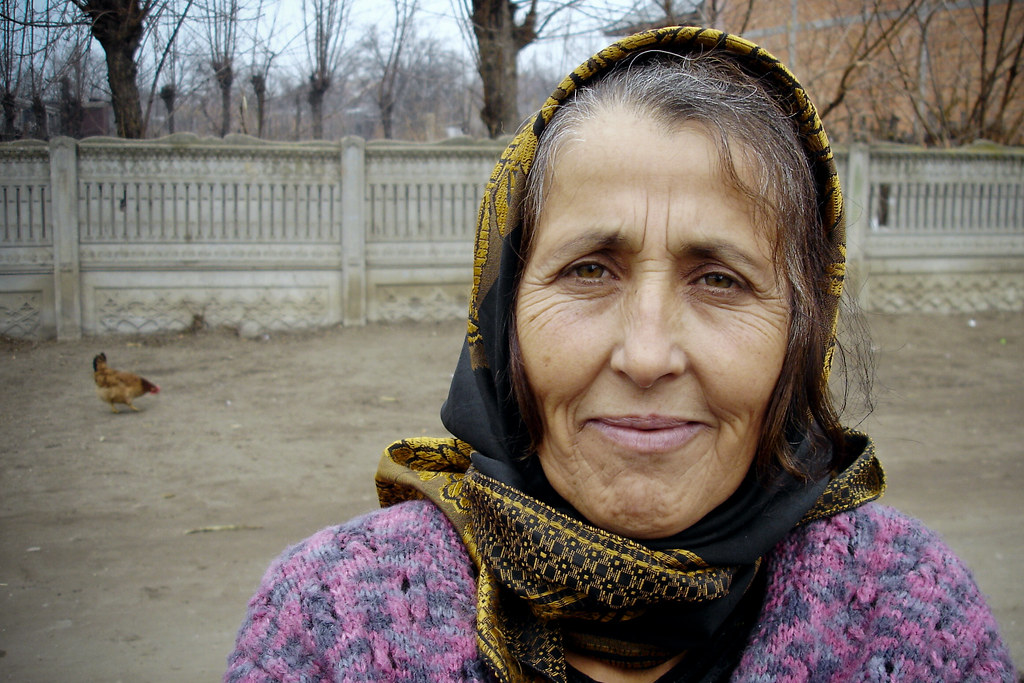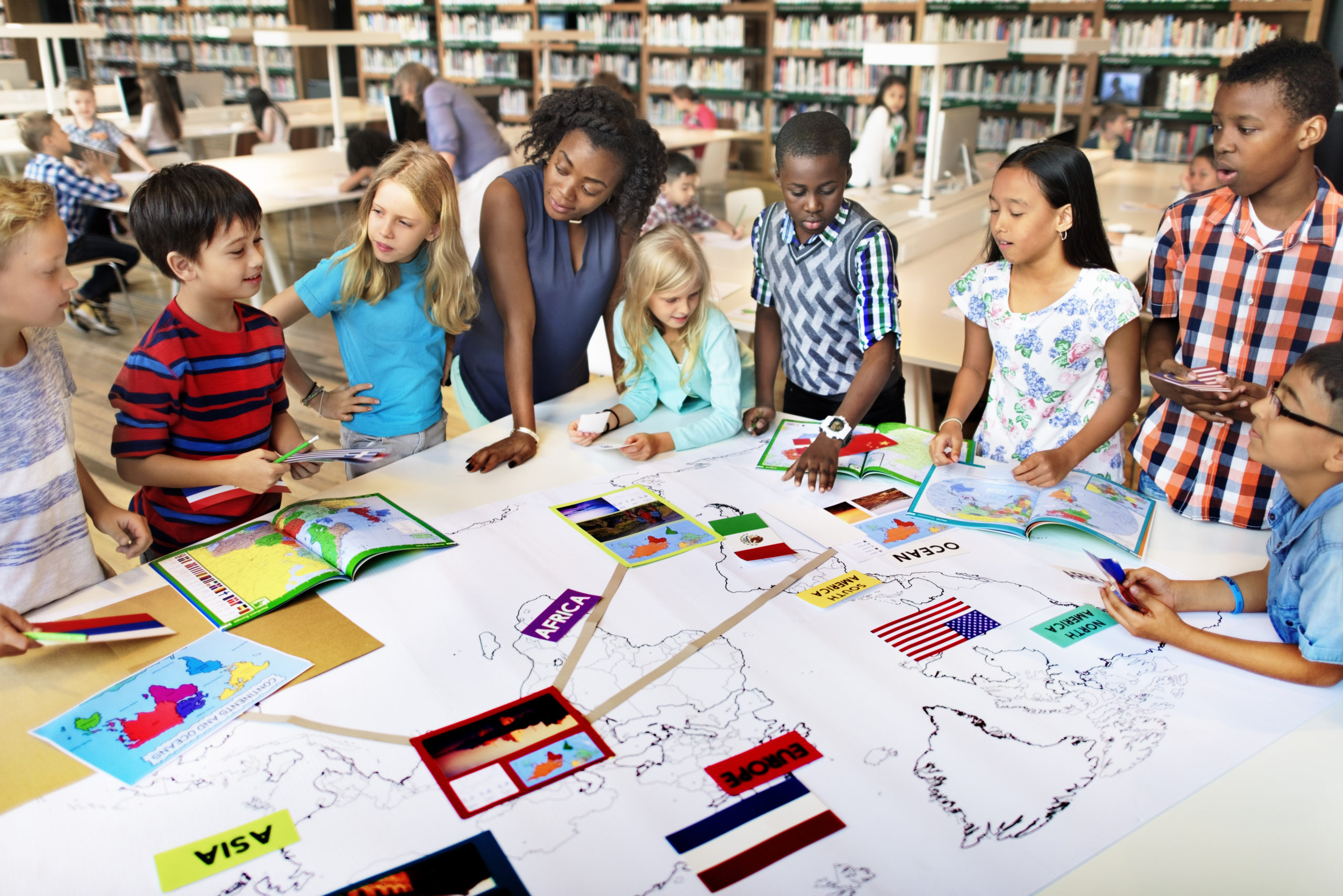International Day of the Elderly 2025 promises to be a landmark occasion, a global tribute to the wisdom, resilience, and invaluable contributions of older adults to our societies. This annual observance, held every October 1st, provides a vital platform to raise awareness about the challenges faced by the elderly and to champion their rights and well-being. As we approach this significant day in 2025, it is crucial to reflect on the progress made, address the persistent inequalities, and forge a path toward a more inclusive and supportive future for our aging population.
The Significance of International Day of the Elderly

The establishment of International Day of Older Persons, as it is also known, dates back to December 14, 1990, when the United Nations General Assembly officially designated October 1st as a day to recognize the achievements and contributions of older people. The day serves as a reminder of the importance of creating age-friendly environments, ensuring access to healthcare and social services, and combating ageism and discrimination. It is a day to listen to the voices of older adults, learn from their experiences, and celebrate their continued participation in all aspects of life. The observance highlights the demographic shift occurring globally, with an increasing proportion of the population entering older age, emphasizing the need for proactive policies and programs to support this growing demographic.
Challenges Faced by the Elderly in the 21st Century

Despite progress in many areas, older adults continue to face significant challenges worldwide. These challenges encompass a wide range of issues, including:
-
Ageism and Discrimination: Ageism, or prejudice and discrimination against individuals based on their age, remains a pervasive problem.
Ageism manifests in various forms, from negative stereotypes and exclusion from employment opportunities to limited access to healthcare and social services. Combating ageism requires a multi-faceted approach, including education, awareness campaigns, and policy changes that promote respect and inclusion for older adults.
2. Healthcare Access and Affordability: Ensuring access to quality healthcare is crucial for maintaining the health and well-being of older adults.
However, many older individuals face barriers to healthcare, including high costs, lack of insurance coverage, and limited availability of specialized geriatric care. Addressing these challenges requires investments in healthcare infrastructure, expansion of insurance coverage, and training of healthcare professionals in geriatric medicine.
 3. Social Isolation and Loneliness: Social isolation and loneliness are significant concerns for older adults, particularly those living alone or experiencing mobility limitations.
3. Social Isolation and Loneliness: Social isolation and loneliness are significant concerns for older adults, particularly those living alone or experiencing mobility limitations.Loneliness can have detrimental effects on both physical and mental health, increasing the risk of depression, cognitive decline, and cardiovascular disease. Promoting social connectedness through community programs, intergenerational activities, and technological solutions can help combat social isolation and improve the well-being of older adults.
 4. Financial Security and Poverty: Many older adults struggle with financial insecurity, particularly those with limited savings, inadequate pensions, or chronic health conditions.
4. Financial Security and Poverty: Many older adults struggle with financial insecurity, particularly those with limited savings, inadequate pensions, or chronic health conditions.Poverty among older adults can lead to food insecurity, housing instability, and limited access to essential resources. Strengthening social security systems, providing financial assistance programs, and promoting employment opportunities for older workers can help improve the financial security of older adults.
5. Elder Abuse and Neglect: Elder abuse, including physical, emotional, financial, and neglect, is a serious and often hidden problem.
Elder abuse can occur in various settings, including homes, nursing homes, and assisted living facilities. Raising awareness about elder abuse, training caregivers and healthcare professionals to identify and report abuse, and providing support services for victims are essential steps in preventing and addressing this issue.
Themes and Focus Areas for International Day of the Elderly 2025

While the specific theme for International Day of the Elderly 2025 will be officially announced closer to the date, it is likely to build upon previous years' themes and address the most pressing issues facing older adults. Potential focus areas for 2025 could include:
- Digital Inclusion: As technology becomes increasingly integral to daily life, it is crucial to ensure that older adults are not left behind. Promoting digital literacy, providing access to affordable technology, and designing user-friendly interfaces can help bridge the digital divide and empower older adults to participate fully in the digital world.
- Age-Friendly Environments: Creating age-friendly environments involves designing communities that are accessible, safe, and supportive for people of all ages. This includes ensuring access to public transportation, affordable housing, healthcare facilities, and social activities.

- Intergenerational Solidarity: Fostering intergenerational connections can help bridge the gap between younger and older generations, promoting mutual understanding and respect. Intergenerational programs, such as mentoring, storytelling, and shared learning experiences, can benefit both younger and older participants.

- Combating Ageism in the Workplace: Older workers often face age-related discrimination in the workplace, including being passed over for promotions or forced into early retirement. Promoting age-inclusive employment policies, providing training and skills development opportunities, and challenging ageist stereotypes can help create a more equitable and supportive work environment for older adults.

- Promoting Healthy Aging: Promoting healthy aging involves encouraging healthy lifestyle choices, such as regular exercise, a balanced diet, and social engagement. Early intervention and preventive care can help older adults maintain their physical and cognitive health, enabling them to live longer, healthier lives.

How to Participate in International Day of the Elderly 2025

There are many ways to participate in International Day of the Elderly 2025 and contribute to creating a more inclusive and supportive world for older adults. Here are a few ideas:
- Organize or Attend an Event: Participate in local events, such as community gatherings, workshops, or educational seminars, that celebrate older adults and raise awareness about their contributions and challenges.
- Volunteer Your Time: Volunteer at a local senior center, nursing home, or community organization that serves older adults. Offer your time and skills to provide companionship, assistance with daily tasks, or support for special events.

- Share Stories and Experiences: Share stories and experiences of older adults on social media or through local media outlets. Highlight their achievements, wisdom, and resilience to combat negative stereotypes and promote positive images of aging.

- Advocate for Policy Changes: Contact your elected officials and advocate for policies that support older adults, such as increased funding for healthcare, affordable housing, and social services.

- Show Appreciation for Older Adults in Your Life: Take the time to express your appreciation for the older adults in your life, whether it's a family member, friend, or neighbor. A simple gesture of kindness, such as a phone call, visit, or thoughtful gift, can make a big difference in their lives.

The Role of Technology in Supporting the Elderly

Technology plays an increasingly vital role in supporting the well-being of older adults. From telehealth and remote monitoring to assistive devices and social networking platforms, technology can help older adults maintain their independence, stay connected with loved ones, and access essential services. Examples include:
- Telehealth: Telehealth enables older adults to access healthcare services remotely, reducing the need for in-person visits and improving access to specialized care.
- Wearable Technology: Wearable devices, such as smartwatches and fitness trackers, can monitor vital signs, track activity levels, and detect falls, providing valuable data for healthcare providers and caregivers.
- Assistive Technology: Assistive technology devices, such as hearing aids, mobility aids, and adaptive equipment, can help older adults overcome physical limitations and maintain their independence.

- Social Networking Platforms: Social networking platforms can help older adults stay connected with friends and family, combat social isolation, and access online communities.
The Future of Aging: A Call to Action

As the global population continues to age, it is essential to adopt a proactive and holistic approach to supporting the well-being of older adults. This requires a collective effort from governments, healthcare providers, community organizations, and individuals to create age-friendly environments, combat ageism, and ensure that older adults have the resources and opportunities they need to live fulfilling and meaningful lives. International Day of the Elderly 2025 serves as a timely reminder of the importance of prioritizing the needs of older adults and working together to build a more inclusive and equitable future for all. Let us embrace the wisdom and experience of our elders and create a world where aging is celebrated, not feared.



No comments:
Post a Comment